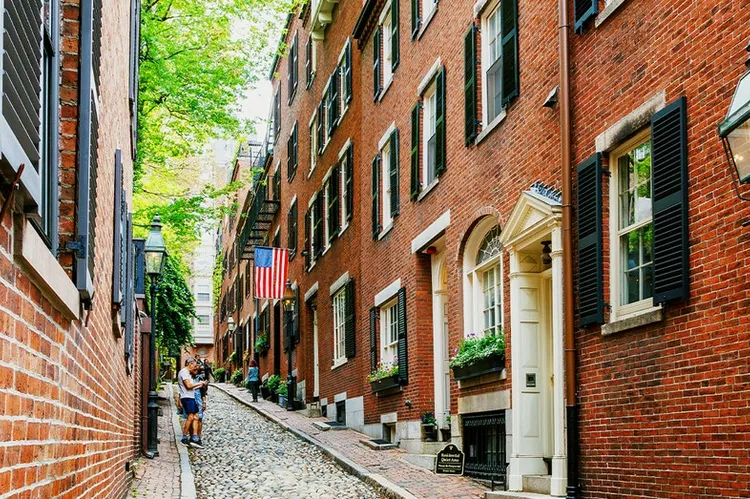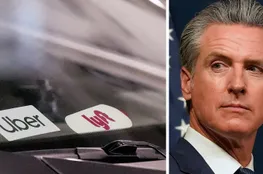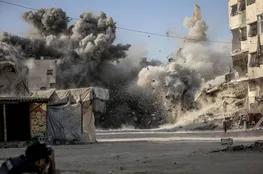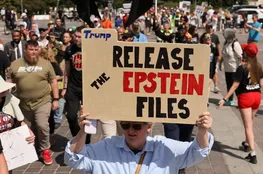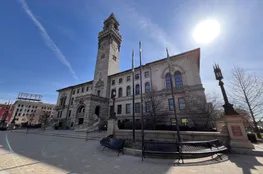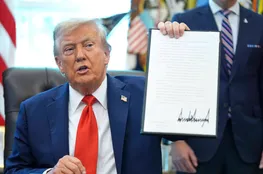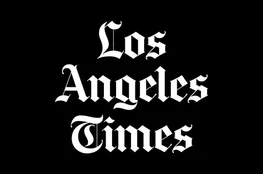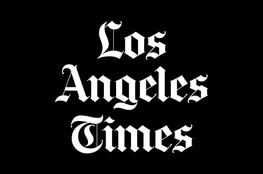Beacon Hill, Boston’s most affluent and historic neighborhood, is grappling with a growing crisis as open drug use escalates, alarming residents and prompting calls for stronger action from city leaders. The picturesque cobblestone streets, renowned for their historic townhouses and proximity to Boston Common, are increasingly marred by discarded drug paraphernalia and individuals experiencing acute substance use disorders, creating a deeply unsettling environment for residents, particularly families. Concerns have been voiced by numerous Beacon Hill residents, including Katherine Kennedy, a mother of two, who describes the current situation as "very scary," highlighting the impact on her daily life and her children’s safety. Kennedy’s worries are amplified by the visible presence of needles discarded along her children’s route to school, a constant reminder of the escalating crisis. She now carries a sharps container in her diaper bag to safely dispose of needles, a necessary precaution in a neighborhood where open drug use has dramatically increased.
Statistics paint a grim picture, with a 2024 report from the Boston Public Health Commission revealing a staggering 47.1% rise in drug usage mortality rates between 2020-2022 compared to the 2017-2019 period in Beacon Hill, Back Bay, North End, and West End communities. This surge in mortality directly correlates with an 8% increase in overall theft incidents reported by the Boston Police Department in 2025, further exacerbating the neighborhood’s anxieties. The situation is further complicated by the city’s approach to addressing the crisis, specifically the launch of a needle exchange program in 2022 led by Mayor Michelle Wu. While intended as a "harm reduction" strategy to prevent communicable diseases, the program’s distribution of pipes for smoking crack or methamphetamine has been criticized by some residents as inadvertently fueling the problem. Mayor Wu defended the program, stating that "every step that we take has to also be about immediately saving lives," and highlighting the program’s success in reducing preventable diseases. However, this approach hasn’t alleviated residents’ concerns, who feel the program is failing to address the root causes of the problem and is instead contributing to its escalation.
Former Assistant Secretary of State at the U.S. Department of State’s Bureau of International Narcotics and Law Enforcement Affairs, Robert Charles, a candidate for Governor of Maine, emphasizes the complex, cascading effects of illegal drug use. He argues that the issue isn’t simply about the presence of drugs, but a "sequence of events" where increased drug use tests law enforcement and political leadership. Without adequate resources or political will, Charles explains, drug trafficking increases, leading to rising rates of burglaries, robberies, assaults, and domestic abuse – with approximately 80% of domestic abuse linked to polydrug use. "Americans don’t fully understand the downstream impact of illegal drugs," Charles stated.
The escalating crisis is impacting the fabric of Beacon Hill, a neighborhood historically known for its beauty and tranquility. The combination of increased drug use, rising crime rates, and the city’s response has created a volatile situation demanding immediate and comprehensive action. The residents of Beacon Hill are seeking a solution that prioritizes public safety, addresses the underlying causes of addiction, and restores the neighborhood’s sense of security and well-being. This crisis underscores the urgent need for a coordinated, multi-faceted approach that combines law enforcement efforts with robust addiction treatment and prevention programs, ultimately safeguarding the future of this historic and valued Boston neighborhood.

